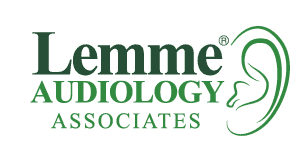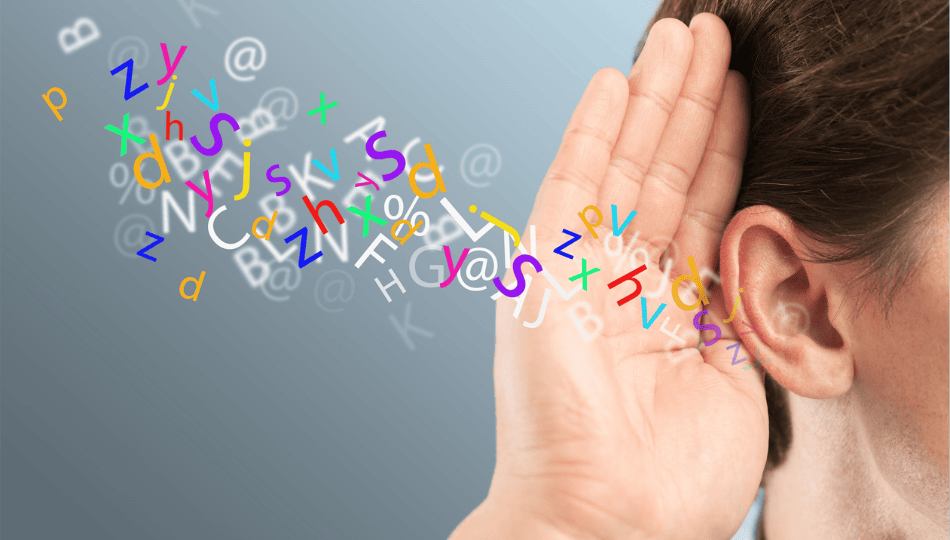Auditory processing is what your brain does with the information and how it interprets the information. The focus of the brain is to make sense of the received information-essentially how to process it. Processing information involves many tasks which include recognizing, interpreting, and storing auditory data for future use.
In order to understand our auditory system, it’s important to identify what comprises our ability to hear and understand…
When an individual has trouble hearing, the problem is in the peripheral auditory system (outer, middle, and inner ear). When an individual has trouble understanding what they hear, it is a problem with the central auditory system (auditory pathway to the brain).
Auditory Processing Disorder (APD), also referred to as central auditory processing disorder, is often identified in a majority of children and adults. Some symptoms of this disorder include:
- Difficulty concentrating and following conversation
- Difficulty hearing in background noise
- Being distracted/inattentive
- Trouble planning steps for a project/routine
- Time management
While these symptoms can be a good indicator for a diagnosis, it is important to receive a comprehensive auditory processing evaluation to identify and diagnose this disorder.
The reason APD can be difficult to diagnose is that other disorders can resemble the signs and symptoms of APD. For instance, Attention-Deficit/Hyperactivity Disorder (ADHD) can be poor listeners and have problems understanding/recalling instructions. But those with ADHD can also process auditory information normally.
Autism can also be misdiagnosed for auditory processing disorder as individuals with autism may struggle understanding spoken language. To make this disorder even more difficult to diagnose, APD can interact and coexist with ADHD and other disorders.
To accurately diagnose APD, a multidisciplinary approach would be necessary to understand what is contributing to the patient’s symptoms. While observations from teachers, psychologists, and speech-language pathologists are helpful, they are not diagnostic. Audiologists can accurately measure the physiological response of the auditory system as well as use subclinical tests to quantify/determine if an individual has APD.
Treatments for APD can be individualized and specific to the deficits that are diagnosed by an audiologist. Effective treatment for one individual does not always translate for another. Some treatment options can include strategies such as environmental adaptations, compensatory strategies, and therapies that directly treat diagnosed deficits.
Elizabeth Zuniga – Audiology Extern at Lemme Audiology Associates

